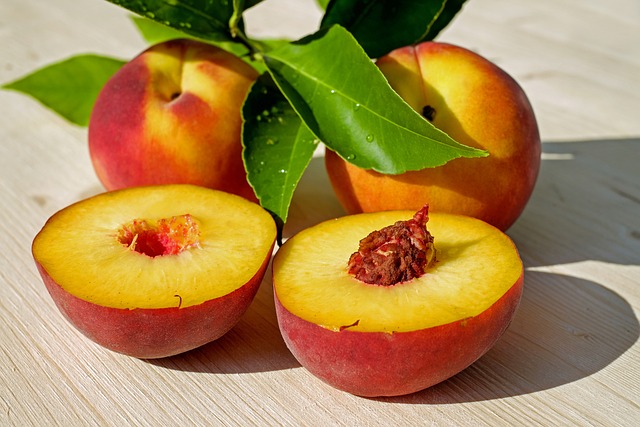Why Probiotics Might Be the Missing Link in Your Health Regimen
Have you been struggling to maintain your gut health or suffering from digestion issues? You may have heard about probiotics and their benefits. Probiotics are live microorganisms that are beneficial for your gut. They are often called “good bacteria” because they promote a healthy balance of bacteria in your gut microbiome.
The Importance of a Balanced Gut Microbiome
Research suggests that a balanced gut microbiome is crucial for overall health. It affects digestion, immunity, and even mental health. A healthy gut microbiome includes a diverse range of microbial species that coexist in harmony. When this balance is disrupted, harmful bacteria can thrive and cause inflammation and other health issues.
Factors like antibiotics, stress, poor diet, and lack of sleep can disturb the gut microbiome and cause an imbalance. This highlights the importance of maintaining a healthy gut microbiome to support overall health.
The Role of Probiotics in Gut Health
Probiotics are often recommended to improve gut health as they promote the growth of beneficial bacteria and help restore balance. They achieve this by:
- Competing with harmful bacteria for space and resources in the gut.
- Stimulating the immune system to fight off harmful bacteria.
- Producing substances that inhibit the growth of harmful bacteria.
- Improving the gut barrier function to prevent harmful substances from entering the body.
Studies suggest that probiotics can improve digestion, reduce inflammation, boost immune function, and even improve mental health.
The Best Sources of Probiotics
Probiotics can be found in a variety of sources, including:
- Yogurt: contains live cultures of bacteria that promote gut health.
- Kefir: a fermented drink similar to yogurt, but with a broader range of beneficial bacteria and yeasts.
- Kombucha: a fermented tea that contains probiotics, antioxidants, and other beneficial compounds.
- Sauerkraut: a fermented cabbage dish that is rich in probiotics and fiber.
- Miso: a traditional Japanese seasoning made from fermented soybeans that contains probiotics and other beneficial compounds.
- Tempeh: a fermented soybean product that is a good source of probiotics and protein.
Supplements are another way to get probiotics. They are available in various forms, including capsules, powders, and liquids. It’s essential to choose a high-quality probiotic supplement that contains a variety of strains and has a high colony-forming unit (CFU) count.
Conclusion
Probiotics are the missing link in many people’s health regimens. They play a vital role in maintaining a healthy gut microbiome, which promotes overall health. Including probiotic-rich foods in your diet and taking high-quality supplements can help support gut health and improve digestion, immunity, and even mental health. If you’re struggling with gut issues or want to boost your overall health, consider adding probiotics to your daily routine.







